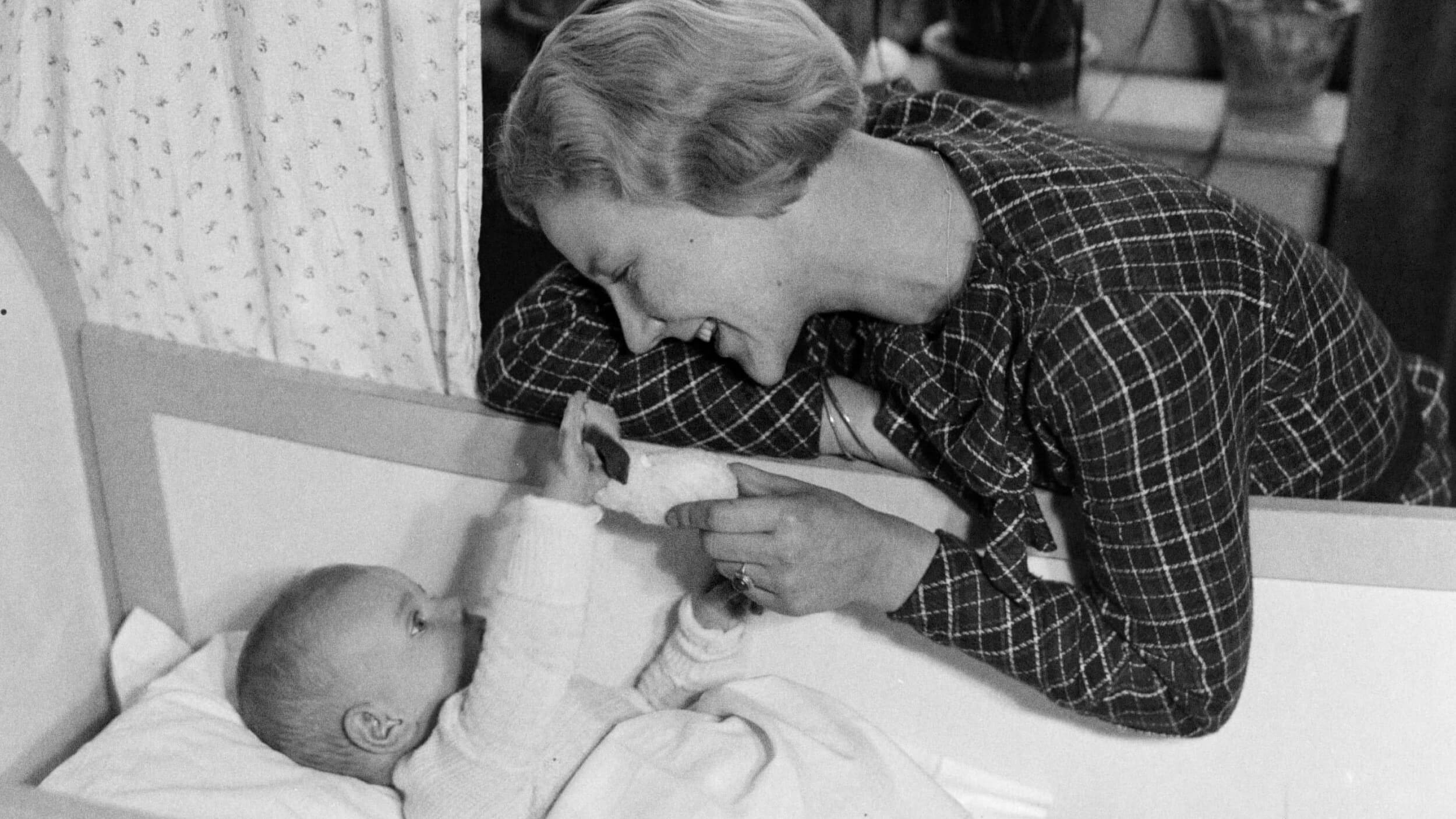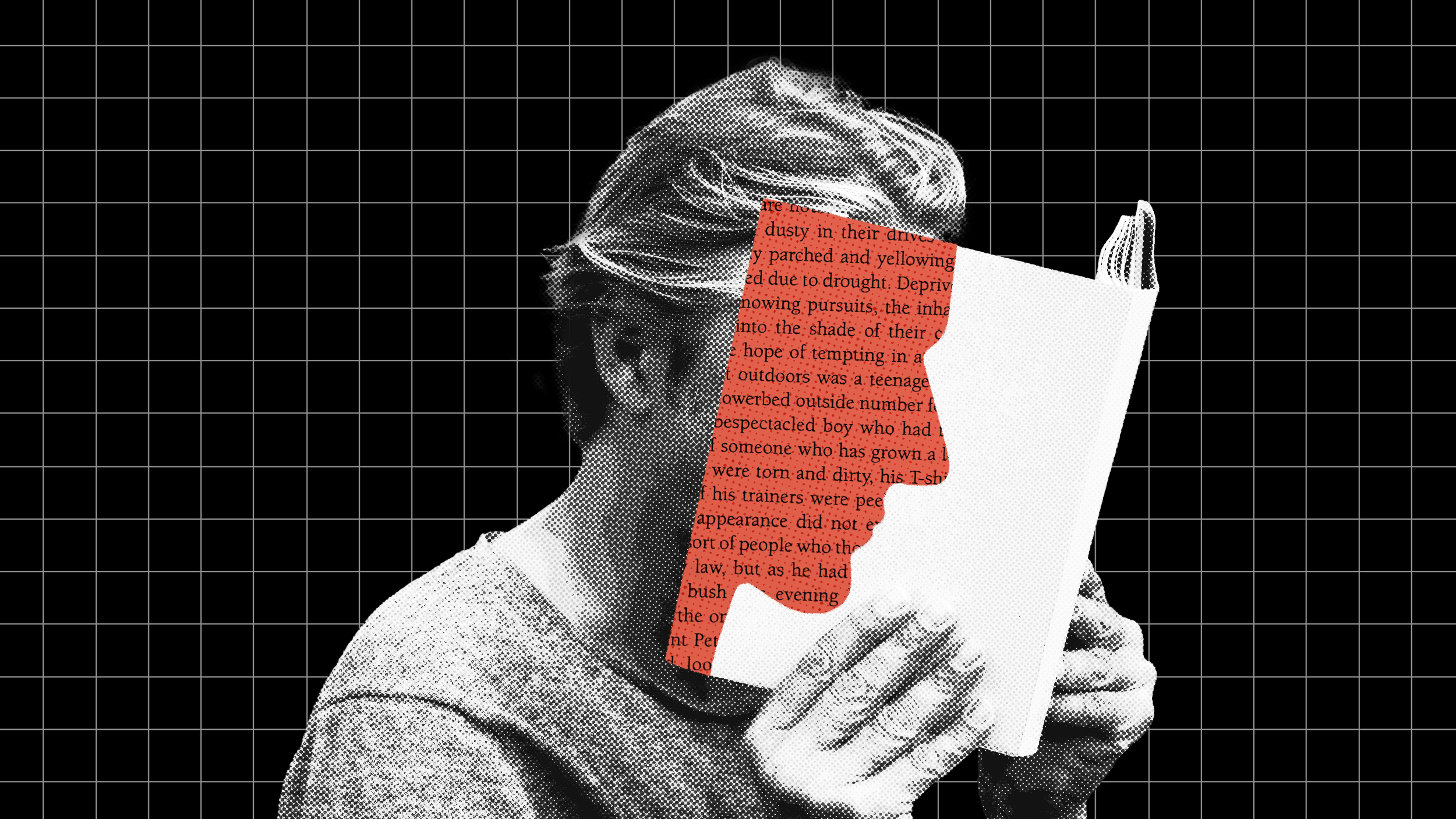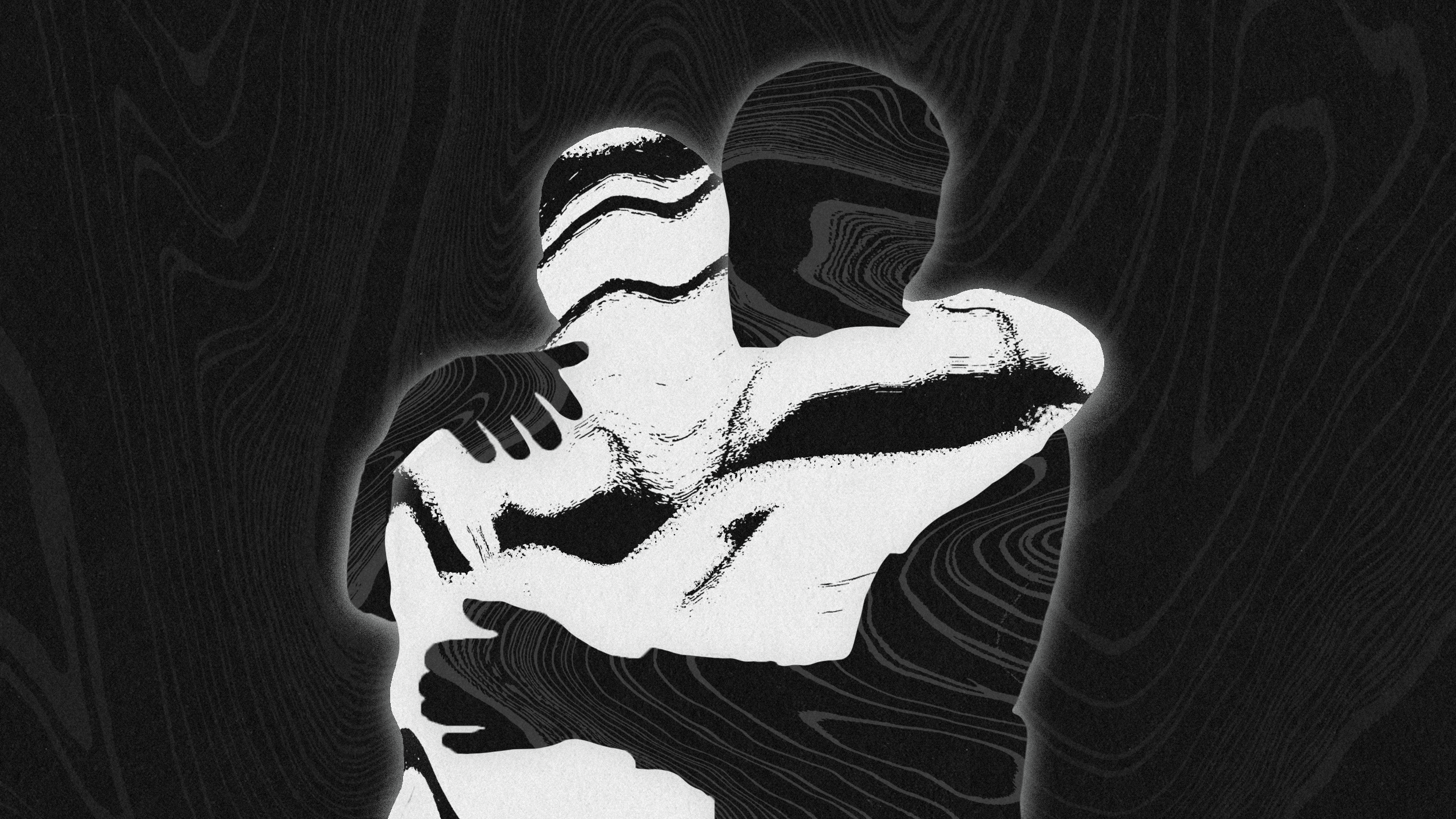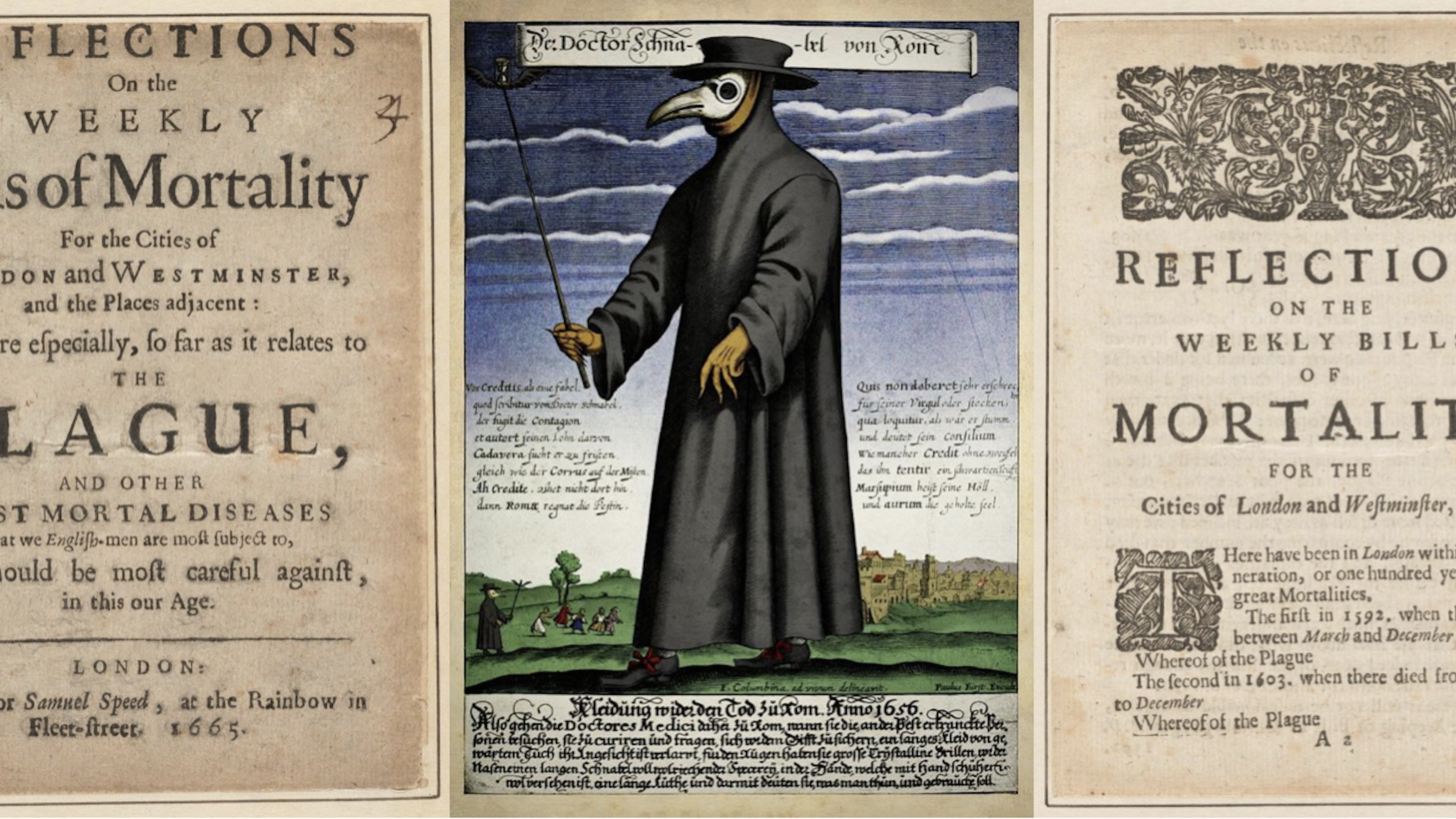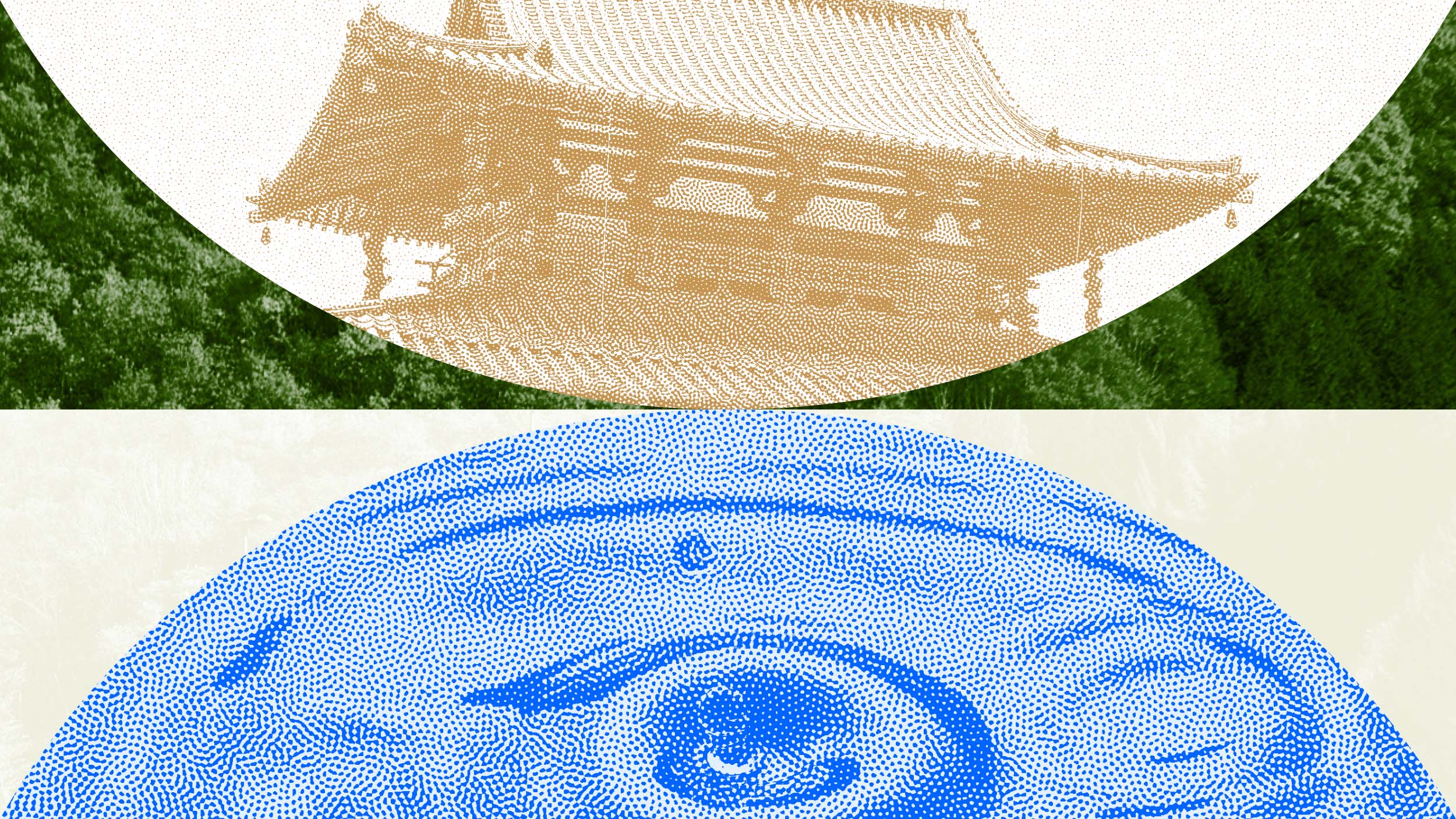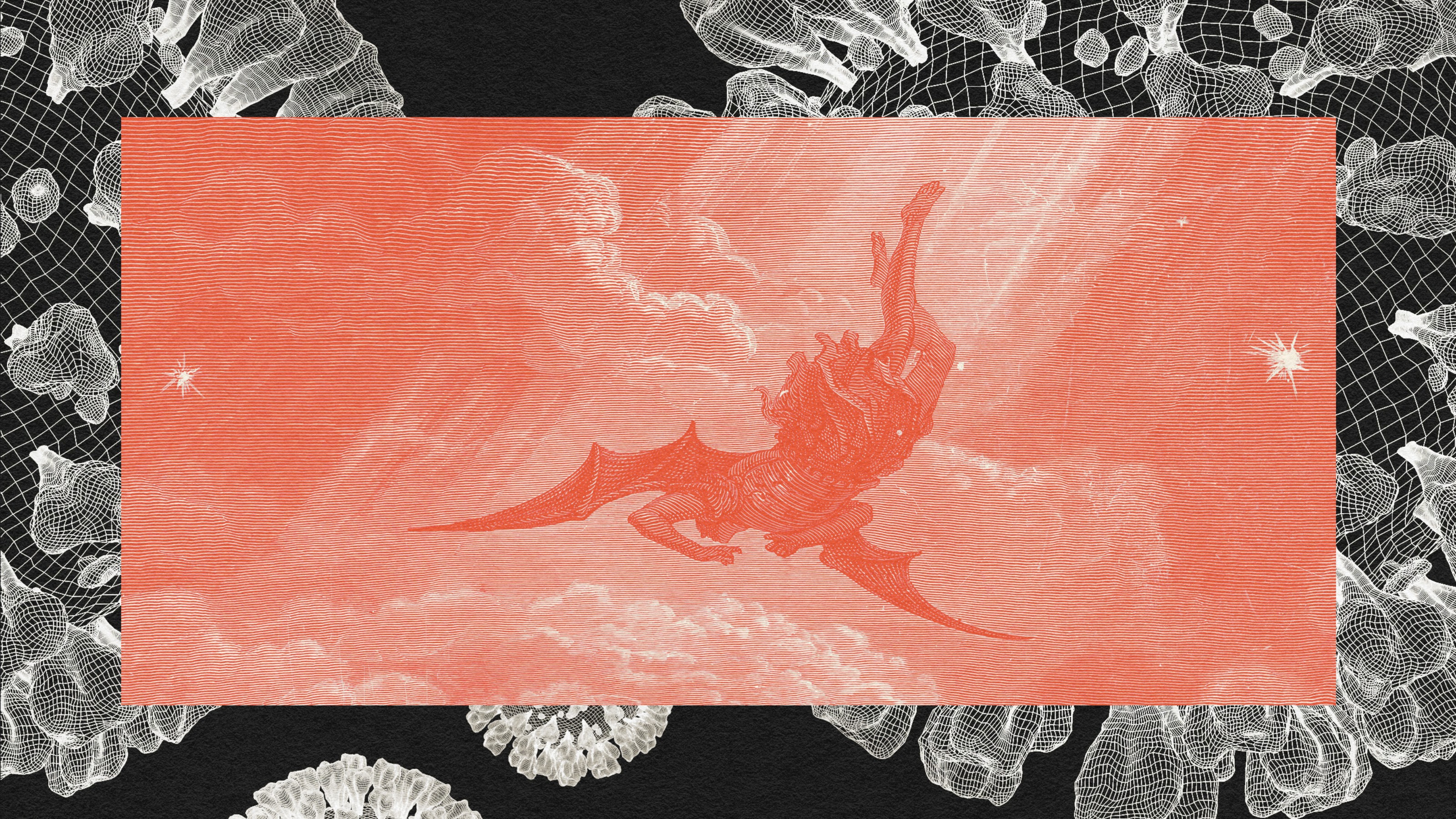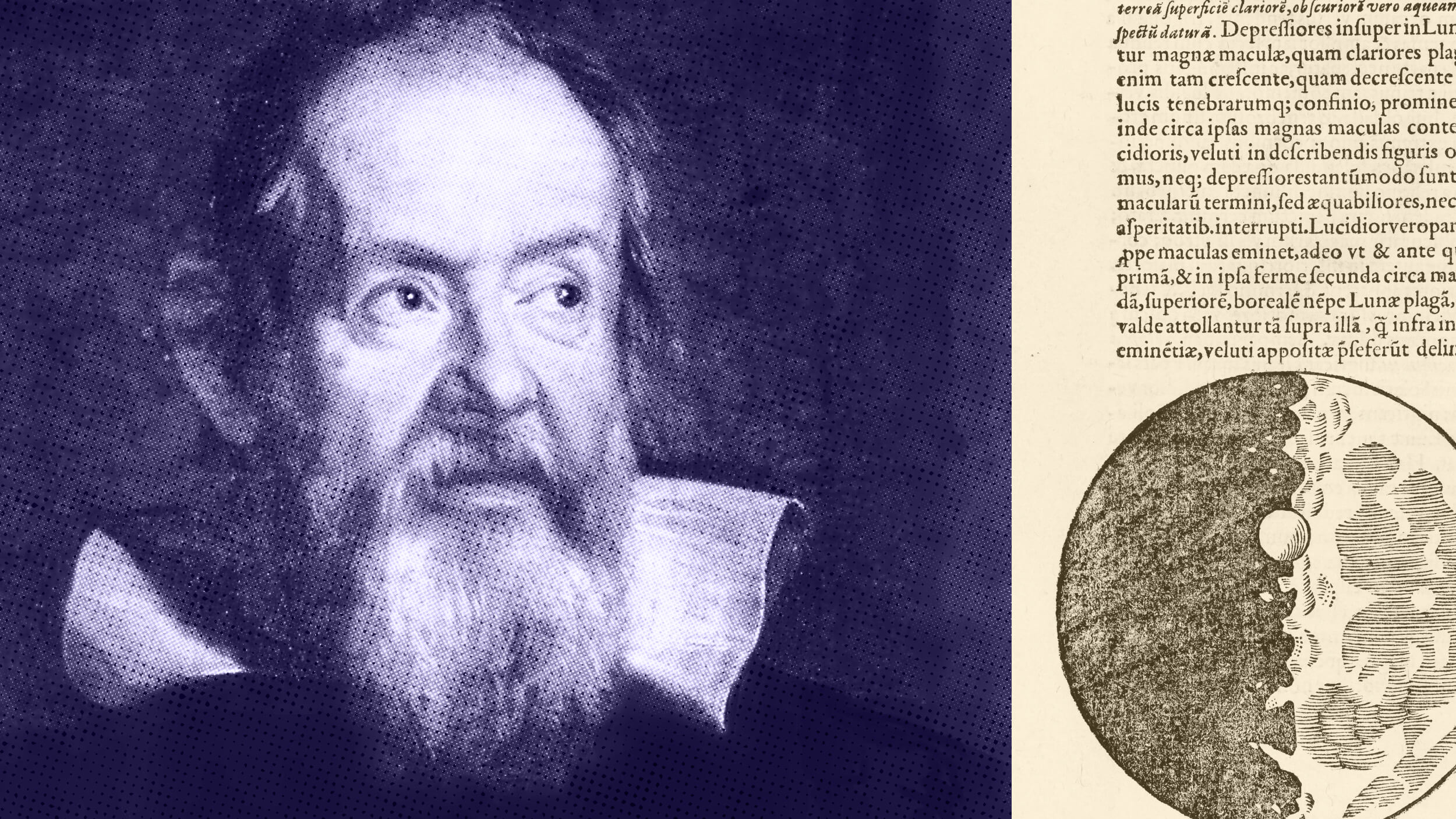history
In his new book, the popular science writer tells the story of how scientists discovered the “gaseous ocean” we all swim in — and the trillions of invisible life forms we share it with.
These books helped build the empirical case that life’s origins differ from those described in myths and legends.
Fears of celestial collisions — and calculations of their likelihood — go back to the very origins of modern science itself.
Whether we should tear down philosophy’s Berlin Wall and let East and West finally merge depends entirely on what we think philosophy is—and what it’s for.
While death-bed utterances are more famous, baby’s first words have influenced us too.
“I want to change the way we think about the past altogether,” says Dr. Betül Kaçar, an astrobiologist who studies the origin of life.
From acclaimed novels to heretical treatises, sometimes a writer just doesn’t want to put their name on the cover.
Migration statistics should be regarded with wariness as they are difficult to analyze properly and easily manipulated for political gain.
Ethan Kross, psychologist and author of “Shift,” explains how negative emotions help us live safely and well.
We need to fully acknowledge problems, while vigorously pursuing solutions. Call it “solutionism.”
“It’s only natural for us to get America back,” quipped Kim Kielsen, former prime minister of Greenland, in 2019.
Today’s pseudoscience-ridden wellness industry owes a great debt to its forefathers.
Effective leadership requires long-term strategy — not tactical reactions.
The Roman Empire at one point emitted roughly 3,600 tons of lead dust per year, causing “widespread cognitive decline.”
Today’s philosophy students would be justified in asking, “What does any of this have to do with living?”
From King Midas to Gordon Gekko, humanity has struggled to grasp greed’s true nature.
Caitlin Rivers wants to tell the story of epidemiology and the public health heroes who keep the world safe and healthy.
An extraordinary haberdasher obsessed with buttons, lace collars, and death pioneered modern statistical analysis during the Age of Reason.
Hawking’s refusal to upgrade his communication system preserved a voice that became iconic, not just for its sound, but for the profound identity it conveyed.
One alchemist’s search for a whiz-bang method to produce gold unlocked the central science instead.
The Malling-Hansen writing ball, with its potential and limitations, redefined Nietzsche’s philosophical and creative expression.
Carl Sagan was far from the first to declare we are the children of ancient stars.
Grab a sword, a small plate, and a young child. We’ve got a demon to summon.
Playing the long game in Japan is about creating something so enduring that it becomes timeless.
Sixty years ago, the Soviet Union was way ahead of the USA in the space race. Then one critical event changed everything.
What if the barrier to a fulfilled life isn’t technology but culture?
“Could you create a god?” Nietzsche’s titular character asks in “Thus Spoke Zarathustra.”
How many scientists does it take to ruin a good conspiracy?
In November 1974, astronomers used the radio telescope at Puerto Rico’s Arecibo Observatory to send a hello to the universe.
“I was stunned. Here in front of me was the original apparatus through which a new vision of the world was slowly and painfully brought to light.”




